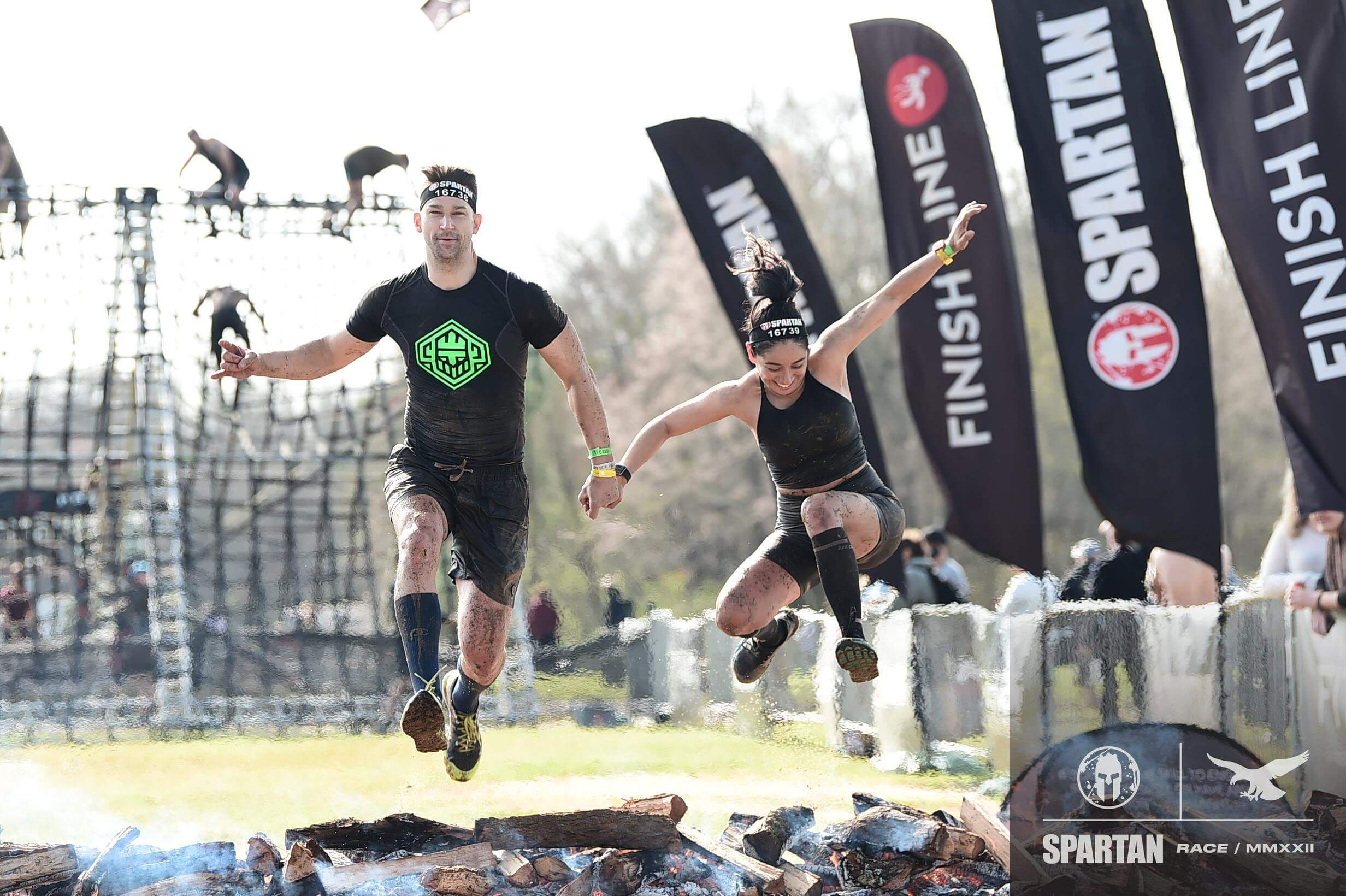Conquer Every Challenge: Physical Therapy for Obstacle Course Racers in Durham

Obstacle course racing (OCR) is one of the most demanding and thrilling athletic pursuits, combining strength, endurance, agility, and mental toughness. However, the intense physical demands of OCR can lead to injuries and overuse issues if your body isn’t adequately prepared. At The Obstacle Doc in Durham, NC, we specialize in physical therapy tailored to obstacle course athletes, helping you recover from injuries, prevent setbacks, and optimize your performance for the next big race.
Unique Demands of Obstacle Course Racing
OCR challenges every aspect of physical fitness, requiring athletes to climb, crawl, jump, and run through grueling courses. Common challenges include:
- Grip Strength: Essential for hanging, climbing, and carrying heavy objects.
- Full-Body Endurance: Needed to maintain performance over long distances.
- Dynamic Agility: For quick transitions between obstacles.
- Core Stability: Crucial for maintaining balance and power during complex movements.

Physical therapy focuses on building the strength, flexibility, and durability required to meet these challenges while minimizing the risk of injury.
How The Obstacle Doc Supports OCR Athletes
At The Obstacle Doc, our physical therapy programs are designed specifically for the demands of obstacle course racing, ensuring you’re race-ready and resilient.
More blogs:
Durham Specialized Physical Therapy: Elevate Your Health and Performance
Enhancing Sports Performance and Injury Prevention with Physical Therapy in Durham
Maximize Recovery: Advanced Techniques in Physical Therapy at The Obstacle Doc, Durham, NC
Blood Flow Restriction Training
1. Comprehensive Movement Assessments
We start with a detailed evaluation of your biomechanics, flexibility, and strength to identify areas of improvement and risk.
2. Recovery and Pain Management
For injured athletes, our therapists focus on pain relief and recovery with techniques like:
- Soft Tissue Mobilization: To release muscle tension and reduce inflammation.
- Joint Mobilizations: To improve range of motion in key areas like shoulders and knees.
- Trigger Point Therapy: Targeting specific muscle knots to alleviate discomfort.
3. Strength and Conditioning for OCR
Strength training is tailored to OCR-specific needs, including:
- Grip and Upper Body Strength: For climbing, pulling, and carrying obstacles.
- Lower Body Power: To support running, jumping, and navigating uneven terrain.
- Core Stability: Enhancing balance and control during dynamic movements.
4. Flexibility and Mobility Work
OCR athletes need to move efficiently through obstacles. Therapy includes stretching routines and dynamic mobility drills to improve flexibility and reduce stiffness.
5. Race Simulation and Functional Training
We integrate exercises that mimic real obstacles, such as rope climbs, wall jumps, and heavy carries, to prepare your body for the demands of race day.
Common Injuries in OCR and How We Treat Them
Obstacle course racing poses a high risk of injury due to its intensity and complexity. Common injuries include:
- Rotator Cuff Strains: From repetitive overhead movements like monkey bars or rope climbs.
- Knee Pain and Ligament Injuries: Caused by uneven terrain or high-impact landings.
- Achilles Tendinitis: From prolonged running and jumping.
- Wrist and Elbow Strains: Resulting from grip-heavy obstacles.
- Lower Back Strain: Due to lifting and carrying heavy objects.
Our therapists use targeted treatments to promote recovery and prevent reinjury, ensuring you’re ready for your next challenge.
Benefits of Physical Therapy for OCR Athletes
Engaging in physical therapy offers OCR athletes several key advantages:
- Faster Recovery: Return to training sooner with effective rehabilitation.
- Improved Performance: Build strength and efficiency for race-specific movements.
- Injury Prevention: Address weak areas to reduce the risk of future setbacks.
- Enhanced Agility and Flexibility: Move more smoothly and confidently through obstacles.
- Mental Preparedness: Feel confident knowing your body is ready for the race.
Why Choose The Obstacle Doc in Durham?
Located in Durham, NC, The Obstacle Doc is uniquely equipped to serve the OCR community. Our therapists combine expertise in physical therapy with a deep understanding of the demands of obstacle course racing. Whether you’re recovering from an injury or looking to enhance your performance, we’re here to help you conquer every challenge.
Conquer the Course with The Obstacle Doc
Don’t let pain or setbacks keep you from reaching your goals. At The Obstacle Doc in Durham, NC, we’re here to help you recover, build strength, and perform at your best. Schedule your consultation today and take the first step toward conquering your next obstacle course.
Frequently Asked Questions (FAQs)
1. How soon can I start training after an injury?
Recovery timelines vary based on the severity of your injury. Many athletes return to light training within 4–6 weeks with proper therapy.
2. Can physical therapy improve my OCR performance?
Yes, therapy focuses on building strength, mobility, and endurance tailored to the demands of obstacle course racing.
3. How often should I attend physical therapy as an OCR athlete?
Most athletes benefit from 1–2 sessions per week, combined with at-home exercises.
4. Do I need a referral to start therapy at The Obstacle Doc?
With us, no referral is needed. Contact us to confirm your eligibility and schedule your first session.
5. Can therapy programs be customized for upcoming races?
Absolutely! We tailor programs to help you prepare for specific races, ensuring you’re ready for unique challenges.

